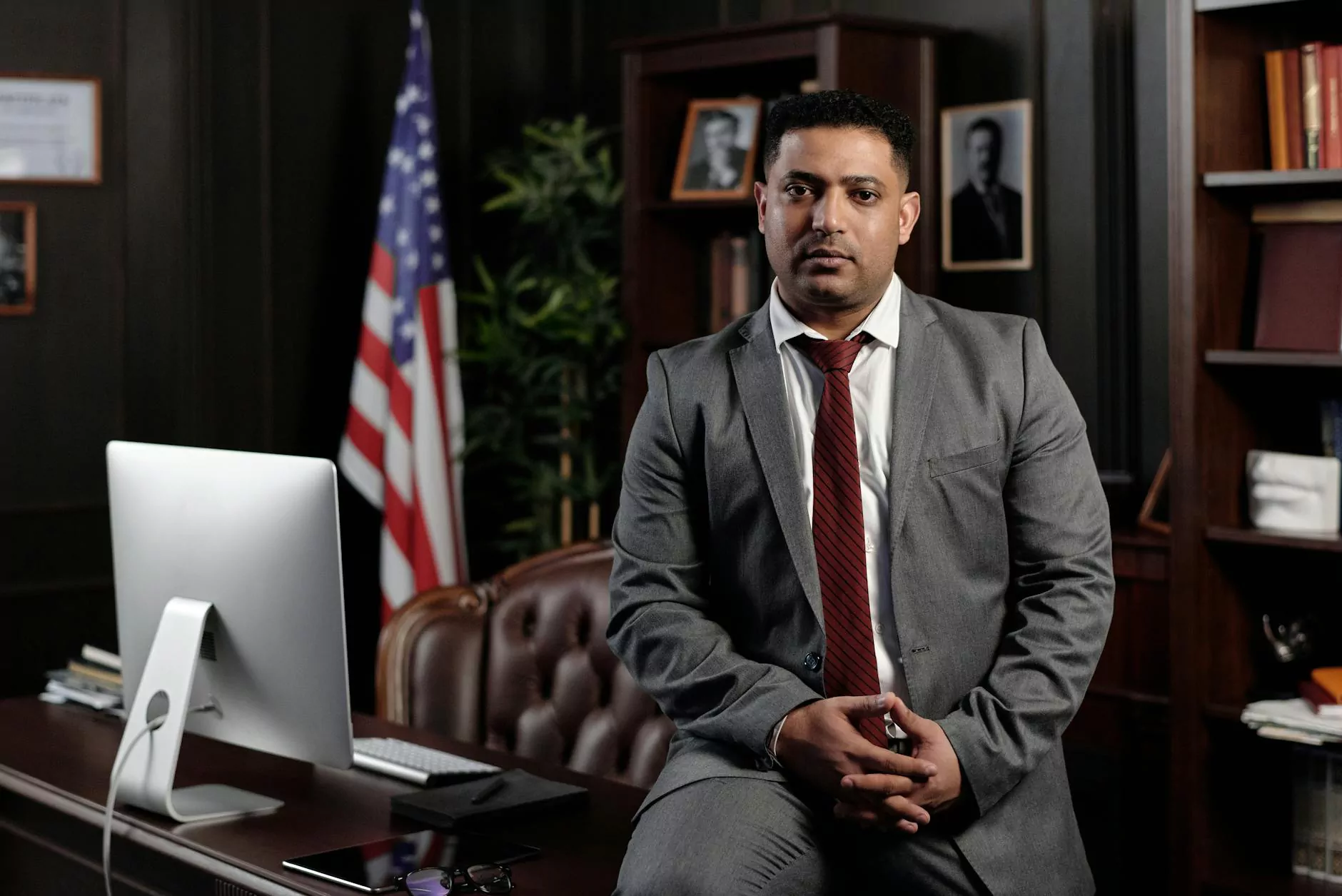Which Lawyers Face The Most Legal Malpractice Claims?

The Importance of Identifying Lawyers with High Legal Malpractice Claims
When facing a legal issue, it is crucial to have confidence in your chosen attorney. However, not all lawyers perform at the same level, and some may have higher instances of legal malpractice claims than others. Therefore, it becomes essential for individuals to understand which lawyers face the most legal malpractice claims to make informed decisions about legal representation.
What Exactly Is Legal Malpractice?
Legal malpractice occurs when an attorney fails to uphold the professional standards and legal duties expected of them. This can result in harm or financial loss to the client. Common examples include negligence, breach of fiduciary duty, conflict of interest, or inadequate representation. Identifying lawyers with high legal malpractice claims allows potential clients to exercise caution and choose lawyers with proven track records.
Factors Contributing to Legal Malpractice Claims
Several factors can contribute to lawyers facing legal malpractice claims. Understanding these factors can help individuals assess the risks associated with specific attorneys. Some common factors include:
- Lack of Experience: Lawyers who are new to the profession or have limited experience may face challenges in handling complex cases, leading to potential malpractice claims.
- Overworked or Overburdened: Attorneys with heavy caseloads may find it difficult to provide adequate attention and resources to each client, increasing the risk of negligence or mistakes.
- Failure to Communicate: Poor communication between attorney and client can lead to misunderstandings, missed deadlines, and ultimately legal malpractice claims.
- Conflicts of Interest: Lawyers who fail to disclose potential conflicts of interest put their clients at risk. This can compromise their ability to prioritize their clients' best interests.
How Can You Identify Lawyers Facing Legal Malpractice Claims?
Identifying lawyers with high legal malpractice claims requires a thorough evaluation process. While prior cases cannot guarantee future performance, they can provide valuable insights. Here are some steps you can take:
1. Research the Lawyer's Professional Background
Begin by conducting a detailed background check on the lawyer you are considering. Gather information about their education, areas of expertise, and length of practice. Look for any disciplinary actions or past legal malpractice claims.
2. Check Online Reviews and Ratings
Explore reputable online platforms that provide reviews and ratings for attorneys. Read through client testimonials and experiences to get a sense of the lawyer's reputation and professionalism. Pay attention to any patterns or recurring complaints.
3. Consult with Legal Associations
Contact legal associations or bar associations in your jurisdiction. Inquire about any public records or information on legal malpractice claims filed against the lawyer you are researching. These organizations often maintain databases or records of such claims.
4. Seek Recommendations from Trusted Sources
Ask for recommendations from friends, family, or colleagues who have had positive experiences with attorneys. Personal referrals can provide valuable insights and help guide your decision.
Choosing the Right Lawyer for Your Legal Needs
While identifying lawyers facing legal malpractice claims is essential, it is equally important to choose the right lawyer for your specific legal needs. Consider the following factors:
1. Specialization and Expertise
Ensure the lawyer has experience and expertise in the specific area of law pertaining to your case. This will increase the likelihood of receiving competent and effective legal representation.
2. Professional Reputation
Review the lawyer's reputation and standing within the legal community. Look for recognized achievements, awards, and affiliations with reputable legal organizations.
3. Personal Compatibility
Meet with the lawyer for an initial consultation to assess personal compatibility and communication style. Building trust and establishing a good rapport are crucial elements in a successful attorney-client relationship.
4. Fee Structure
Discuss and understand the lawyer's fee structure, including any additional costs, billing methods, and payment terms. Transparency in financial matters is essential for a healthy working relationship.
Conclusion
Choosing the right lawyer is a critical decision that can significantly impact the outcome of your legal matters. By identifying lawyers with high legal malpractice claims through thorough research and evaluation, you can make an informed decision and protect your interests. Baytowne Reporting, your trusted source of reliable legal information, is dedicated to helping individuals navigate the complexities of the legal system.




